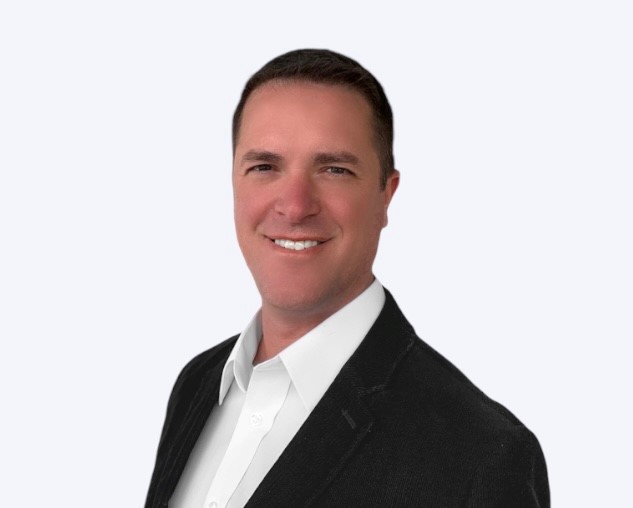August 7, 2023. The Rhode Island Attorney General has settled a regulatory enforcement action against a dealership group for $575,815 relating to mandatory add-ons that were not disclosed in advertisements.
On July 26, 2023, the Rhode Island Attorney General announced a $575,815 settlement with three dealerships from the same auto group relating to mandatory add-ons that were not disclosed in advertisements. In announcing the settlement, the Attorney General stated that this matter is part of an industry-wide effort to crack down on unfair and deceptive practices in the auto sales industry with a particular focus on junk fees and unwanted add-on products. The stated goal is to end practices like dealerships advertising one price on the website and window sticker, and then either refusing to honor that price or tacking on unwanted fees and services once a customer decides to purchase the vehicle.
According to the Rhode Island Attorney General's press release, the dealerships automatically charged every customer for a $249 paint and fabric spray and warranty product from a third-party product provider. However, this product and its costs were not included in advertisements, and customers would only learn about this fee when they moved beyond the sales desk and into the F&I office.
Automatically charging every consumer for an add-on product is not the industry norm, and product providers (and their representatives who earn commissions) should know when this practice is occurring due to the extremely-high performance levels. After all, if you were a product provider, and you had a dealership that was selling a product well-beyond the norms, you would want to know how that dealership was selling so much product and potentially replicate this performance across other dealerships. The math is simple - the more dealers sell, the more dealers make, and the more the product provider makes. In most cases, the product provider (and the representative) are incentivized to look the other way.
Make no mistake, the product provider is really there to increase the per vehicle retailed (PVR) metric. Activities that focus on anything other than PVR, such as compliance, is secondary and works against the pay-plans of all involved. Compliance is not a product provider's core-competency, and with the plethora of consumer protection regulations in the auto-industry, a product provider representative cannot stay on-top of the ever-changing regulatory environment and provide the proper solutions.
"The regulators are taking compliance much more seriously than ever before," says Adam Crowell, President & General Counsel at ComplyNet, "and so should you." "Use product providers and their products to enhance PVR, and compliance companies and their software to enhance compliance."
ComplyNet, the industry leader of compliance software in the auto industry, has dynamic solutions available to continuously monitor dealership compliance. To learn more, schedule a time to MEET WITH US.

